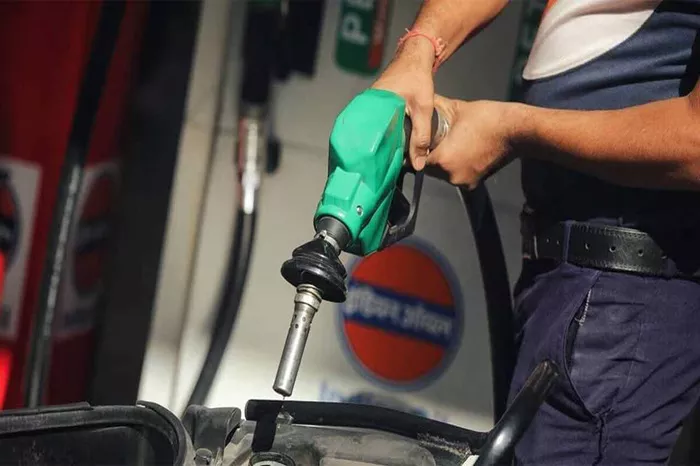In South Africa, approximately R6.22 of every litre of petrol sold is attributed to taxes unrelated to the actual procurement cost of the fuel. If these taxes were eliminated, the inland price of unleaded 95 petrol would drop from R24.25 to R17.85 per litre in May 2024.
Currently, fuel-related taxes constitute about 26% of the petrol price in South Africa. As of June 2024, the taxes on a litre of unleaded 95 petrol are as follows:
General fuel levy (GFL): R3.96
Road Accident Fund (RAF) levy: R2.18
Customs and excise: R0.04
Slate levy (variable): R0.04
Petroleum products levy: 0.33 cents
The taxless price of petrol includes the basic fuel price, transport, storage, distribution costs, and wholesale and retail margins within the fuel supply chain.
Calculations by MyBroadband indicate that motorists could save between R300 and R500 per tank if the GFL and RAF levies were abolished. Specifically, removing these taxes would reduce the price of a litre of unleaded 95 petrol to R18.11. This potential savings was calculated based on refilling typical fuel tanks of 45, 60, and 80 litres:
45-litre tank: R276.30 less per refill
60-litre tank: R368.40 less per refill
80-litre tank: R491.20 less per refill
While cutting fuel taxes would provide immediate financial relief for motorists, it would significantly impact South Africa’s fiscal health. In the 2023/2024 financial year, the GFL contributed R93.37 billion to the national treasury, representing about 5% of the government’s total tax revenue. The fuel levy is the fourth-largest revenue source for the government, funding not only transport infrastructure but also a range of other government services.
The RAF levy, however, is a controversial tax due to allegations of mismanagement. Despite generating R48.76 billion in revenue to compensate road users for injuries in 2022/2023, the RAF recorded a deficit of R8.43 billion. Research by actuary and damages expert Gregory Whittaker, on behalf of the Actuarial Society of South Africa, revealed that the RAF’s total deficit soared from R3.8 billion in 1994 to R344.8 billion by 2022. Whittaker found that the RAF’s compensation for non-serious injuries was excessive compared to other countries, with claims in this category rising from 5,957 in 2008 to 20,957 in 2023. He estimated that curbing system abuse could save the RAF around R3 billion annually.
The Automobile Association has proposed several measures to reduce the RAF levy, including:
1.Improved management and governance of the RAF
2.Enhanced road safety and policing
3.Safer roads, drivers, and vehicles, along with better post-crash intervention
4.Improved pedestrian safety education
5.Partial or full privatisation of the RAF claims management
Parliament’s Portfolio Committee on Mineral Resources and Energy has also recommended scrapping the RAF levy, suggesting alternative mechanisms to fund compensation for road accident victims.
By addressing these issues, South Africa could potentially lower petrol prices while maintaining necessary funding for infrastructure and road safety.
Related topics:
How Much Petrol Can Be Made From A Barrel Of Oil?
100% Renewable Superethanol-E85: A Promising Alternative to Fossil Fuels

